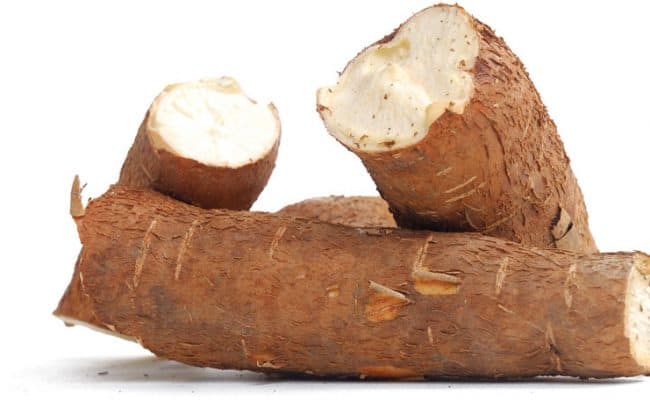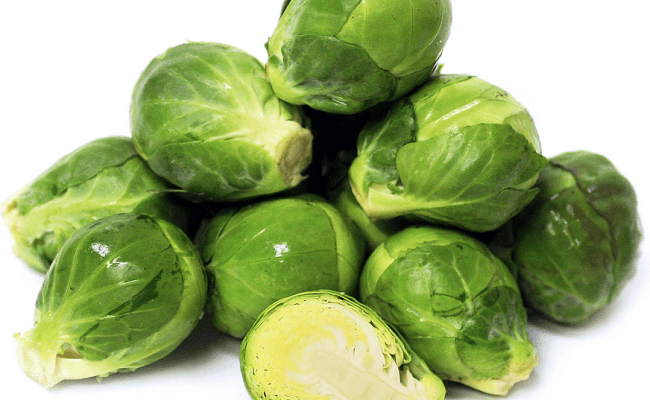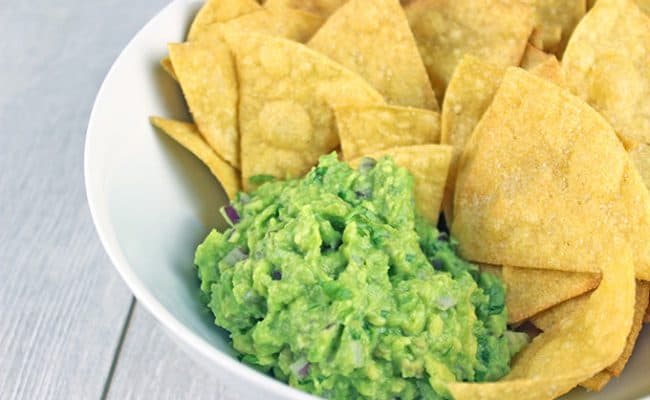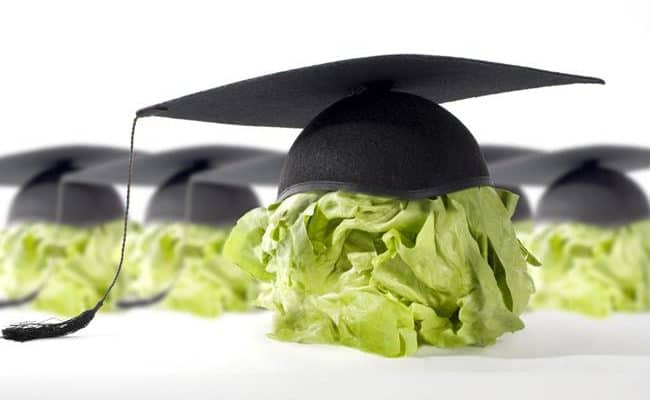
How long it takes your food to digest can vary depending on several factors. Some studies suggest that total food digestion is between six to eight hours.
The digestion process starts in the mouth as food is chewed and saliva starts an enzymatic break down of food. After traveling through the esophagus, a sphincter muscle opens so the food can enter the stomach.
Food gets further broken down into tiny molecules from the stomach acid and churning of the stomach muscles.
Depending on what you eat can depend how long the food sits in the stomach. For example, fiber, fat and protein can delay the stomach emptying. However, simple carbohydrates can pass through the stomach quickly.
Once the food is broken down into individual molecules, a sphincter muscle opens at the end of the stomach and food particles (called chyme) enter the small intestine.
Once in the small intestine, food can be absorbed into the blood stream. Tiny finger like projections in the small intestine called villi absorb single nutrients across the small intestine wall.
Whatever is not absorbed continues into the large intestine. Here water and some vitamins and minerals can be absorbed. Whatever is left is excreted from the anus.
The whole length of time food is in your digestive tract from mouth to anus is about 40 hours, but this can vary.
How long does it take for food to leave the stomach?
Studies looking at the time food pass through the stomach show, on average, about half of stomach contents are emptied in about 3 hours, and total stomach emptying can take 4 to 5 hours (1).
The stomach’s main responsibility is breaking down food into tiny particles that can be absorbed across the small intestine wall.
Saliva in the mouth and chewing food can start the breakdown of food, but the stomach really does the main job of breaking food down because of the acid content in the stomach.
Fat, fiber and protein have to stay longer in the stomach to be broken down. Therefore, meals that contain these nutrients will have a longer time in the stomach compared to meals that are mainly simple carbohydrates.
Eating foods that provide fiber, protein and healthy fats are considered to have higher satiety because they stay in the stomach longer and may help lower appetite long after eating.
Eating a mixed meal means some food particles can move through the stomach sooner than other particles.
How long does it take for food to pass through the small intestine?
It can take approximately 6-8 hours after eating for food to pass through the small intestine.
As food gets broken down, the pyloric sphincter muscle relaxes so food can move from the stomach to the small intestine.
As the acidic contents enter the small intestine, bile from the liver and gall bladder also get released into the small intestine to buffer the acidity.
About 90% of nutrients are absorbed in the small intestine. The diameter of the small intestine is only about the size of the middle finger, but it is about 22 feet long (2).
The small intestine winds back and forth to increase the surface contact for absorption. Nutrients are absorbed across the wall of the intestine into the blood stream.
How long does it take for food to get to the large intestine?
Whatever is not absorbed into the blood stream gets passed from the small intestine into the large intestine. The large intestine has a much wider diameter compared to the small intestine, but it is shorter in length.
Unlike the small intestine, not many nutrients get absorbed into the large intestine. The large intestine can put water back into the body, and some vitamins and minerals get absorbed from the large intestine.
The fecal matter gets harder as water gets reabsorbed. After the undigested material gets to the rectum, it can be excreted.
The time chyme stay in the large intestine can vary; it could stay in the large intestine for about 24 hours. The large intestine is also home to bacteria in the digestive tract.
Beneficial bacteria are called probiotics. They can also ferment or “digest” fiber that enters the large intestine.
Much research suggests the type of bacteria in the colon can influence health and immune function.
Total time food spends in the digestive tract
What is the total time for food digestion? Estimates suggest total food digestion takes about 30 to 40 hours.
A study done in the 1980’s found food transit time differed between males and females, and food traveled through the large intestine for men about 33 hours and 47 hours for women.
Factors that can speed up or slow down digestion
Transit time in the large intestine can be faster depending on fiber content. WebMD suggests people who eat more fruits, vegetables and whole grains can have shorter total digestion time because fiber can increase excretion rate in the large intestine (3).
On the other hand, if someone has a low fiber diet OR is dehydrated, that can increase risk for constipation and longer time food particles sit in the large intestine.
Stress is another factor that can influence food digestion time. There are many nerves and blood vessels that surround the small and large intestine. If there is underlying stress or other emotional strain, it could impact the digestive system as well.
If you have any digestive tract disorders such as irritable bowel syndrome, Chron’s disease, or diverticulitis, these conditions can drastically affect time food takes to digest.
Food allergies or bariatric surgery can also impact food digestion rate.
Conclusion
The body’s way of digesting food is highly complex and something most of us probably take for granted. We don’t consciously control when food passes into the stomach or intestines.
It is controlled with involuntarily with smooth muscles throughout the digestive tract.
On average, food can take about 6-8 hours to pass through the small intestine and about 30-40 hours to pass all the way through the large intestine. However, there can be individual variance with these estimates.










